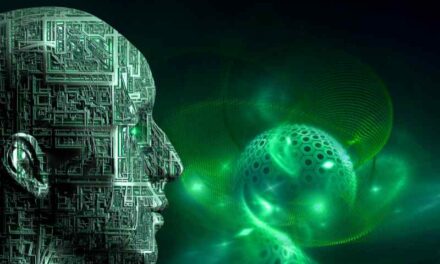The questioner inquires about the nature of the universe, whether it was created or if it has always existed and is constantly transforming, subject to eternal laws, or even without causality. Some people believe that the world is real, while others claim it has no being whatsoever.
The Maharaj asks which world the questioner is enquiring about, and the questioner responds that they are referring to the world of their perceptions. The Maharaj then points out that the world the questioner can perceive is a small and entirely private world, which should be taken as a dream.
The questioner is hesitant to accept the idea that their world is a dream since a dream does not last. The Maharaj challenges the questioner by asking how long their own little world will last. The questioner acknowledges that their little world is just a part of the total world, but the Maharaj responds by pointing out that the idea of a total world is a part of the questioner’s personal world.
The universe does not come to tell the questioner that they are a part of it; the questioner has invented a totality to contain themselves as a part. All the questioner knows is their own private world, which they have furnished with their imaginations and expectations.
The questioner argues that perception is not imagination, but the Maharaj counters by saying that perception is recognition, which involves memory. Perception, imagination, expectation, anticipation, and illusion are all based on memory, and there are hardly any borderlines between them. They just merge into each other, and all are responses of memory.
The questioner suggests that memory proves the reality of their world, but the Maharaj challenges them to try to write down from memory what they were thinking, saying, and doing on the 30th of the last month. The questioner admits that there is a blank. The Maharaj points out that unconscious memory makes the world in which the questioner lives so familiar.
The questioner concedes that their world is subjective and partial and asks what kind of world the Maharaj lives in. The Maharaj explains that their world is just like the questioner’s world, but with the Maharaj, it is nothing, and with the questioner, it is everything.
Knowing the world to be a part of themselves, the Maharaj pays it no more attention than the questioner pays to the food they have eaten. Once the food is swallowed, the person becomes totally unconscious of it. The Maharaj has eaten up the world and needs not to think of it anymore.
The questioner is concerned that the Maharaj becomes completely irresponsible, but the Maharaj explains that they cannot hurt something which is one with them. Without thinking of the world, whatever the Maharaj does will benefit it. Just as the body sets itself right unconsciously, the Maharaj is ceaselessly active in setting the world right.
The questioner acknowledges that the Maharaj is aware of the immense suffering of the world, but asks what they do about it. The Maharaj responds that they look at it through the eyes of God and find that all is well. The questioner challenges this statement by pointing out the wars, exploitation, and cruel strife between the citizen and the state.
The Maharaj acknowledges that all these sufferings are man-made and that it is within man’s power to put an end to them. God helps by facing man with the results of their actions and demanding that the balance should be restored. Karma is the law that works for righteousness, and it is the healing hand of God.





